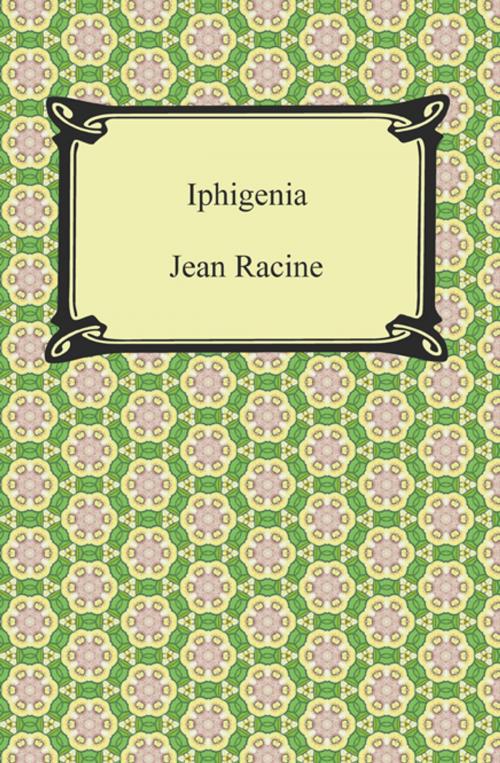| Author: | Jean Racine | ISBN: | 9781420949018 |
| Publisher: | Neeland Media LLC | Publication: | December 15, 2009 |
| Imprint: | Digireads.com Publishing | Language: | English |
| Author: | Jean Racine |
| ISBN: | 9781420949018 |
| Publisher: | Neeland Media LLC |
| Publication: | December 15, 2009 |
| Imprint: | Digireads.com Publishing |
| Language: | English |
The 17th century dramatist Jean Racine was considered, along with Molière and Corneille, as one of the three great playwrights of his era. The quality of Racine's poetry has been described as possibly his most important contribution to French literature and his use of the alexandrine poetic line is one of the best examples of such use noted for its harmony, simplicity and elegance. While critics over the centuries have debated the worth of Jean Racine, at present, he is widely considered a literary genius of revolutionary proportions. In this volume of Racine's plays we find "Iphigenia", the ninth of twelve plays by the author. After a series of historical dramas Racine choose to return to mythological subject matter for his ninth play. As Agamemnon, King of the Greeks, prepares his navy to attack Troy, the gods quell the winds for their journey and demand the sacrifice of Iphigenia, Agamemnon's daughter. Based in part on Euripides' "Iphigenia in Aulis", Racine departs somewhat by substituting an alternative dramatic solution for the ending.
The 17th century dramatist Jean Racine was considered, along with Molière and Corneille, as one of the three great playwrights of his era. The quality of Racine's poetry has been described as possibly his most important contribution to French literature and his use of the alexandrine poetic line is one of the best examples of such use noted for its harmony, simplicity and elegance. While critics over the centuries have debated the worth of Jean Racine, at present, he is widely considered a literary genius of revolutionary proportions. In this volume of Racine's plays we find "Iphigenia", the ninth of twelve plays by the author. After a series of historical dramas Racine choose to return to mythological subject matter for his ninth play. As Agamemnon, King of the Greeks, prepares his navy to attack Troy, the gods quell the winds for their journey and demand the sacrifice of Iphigenia, Agamemnon's daughter. Based in part on Euripides' "Iphigenia in Aulis", Racine departs somewhat by substituting an alternative dramatic solution for the ending.















